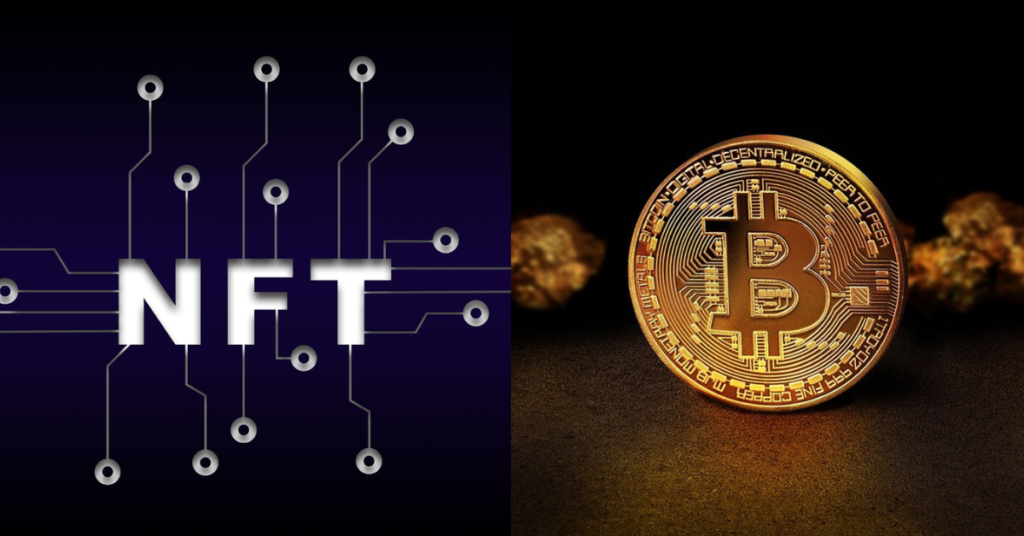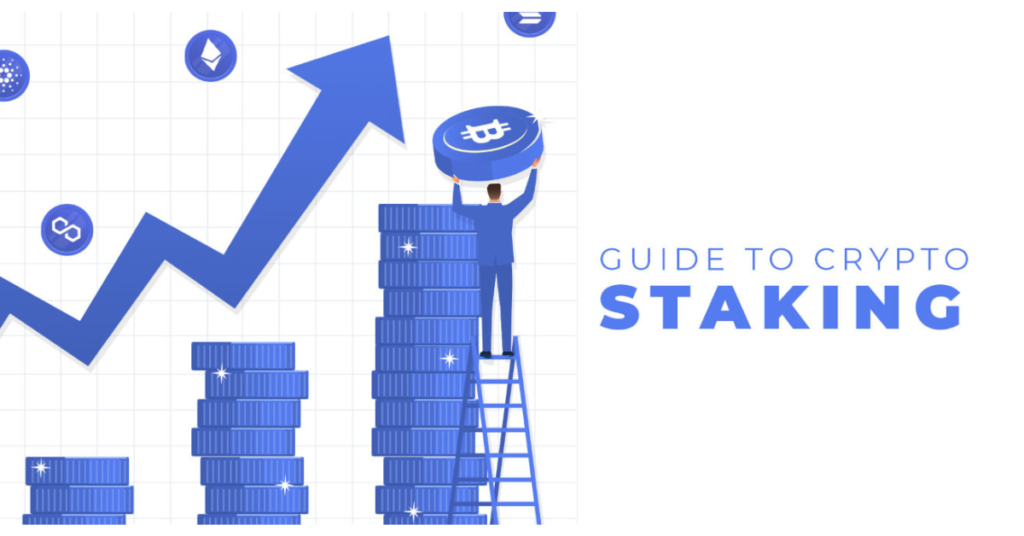Cryptocurrency exchanges are the backbone of the digital asset market, providing the platforms where buyers and sellers trade cryptocurrencies like Bitcoin, Ethereum, and many others. Whether you’re a beginner or an experienced trader, selecting the right exchange is crucial for your trading success and the security of your assets. With numerous exchanges available, each offering unique features and benefits, it’s essential to understand what each platform has to offer before you dive in.
This article compares some of the most popular crypto exchanges, examining key factors like fees, supported coins, security features, and user experience, to help you choose the best exchange for your needs.

What is a Crypto Exchange?
A crypto exchange is a digital marketplace where individuals can trade cryptocurrencies. These platforms act as intermediaries, allowing users to exchange cryptocurrencies for traditional money or other digital assets. Some exchanges offer more advanced features like margin trading and futures contracts, while others focus on a user-friendly experience for beginners.
There are two main types of exchanges:
- Centralized exchanges (CEX): These are run by centralized entities that handle order matching and settlement. They offer high liquidity and are easy to use, but users must trust the exchange with their funds.
- Decentralized exchanges (DEX): These platforms operate on blockchain technology and allow users to trade directly with one another without an intermediary. While they offer greater privacy and security, they may have lower liquidity and fewer features.
Factors to Consider When Choosing a Crypto Exchange
Choosing the right exchange for your needs requires assessing a number of factors. Below are the most important aspects to consider:
1. Security Features
Security is the most critical factor when selecting a crypto exchange. Since digital assets are prime targets for hackers, platforms need to implement strong security protocols to safeguard user funds and personal information.
Look for exchanges with:
- Two-factor authentication (2FA): This additional layer of security requires you to confirm your identity through a second method, such as a code sent to your phone.
- Cold storage: Most exchanges store the majority of users’ funds in cold storage, which means they are offline and less vulnerable to cyberattacks.
- Insurance coverage: Some exchanges offer insurance to protect user funds in case of a hack, providing extra peace of mind.
2. Fees and Costs
Different exchanges charge different types of fees. These fees can add up, especially if you are a frequent trader. Some common fees to consider include:
- Trading fees: A small percentage is charged for each trade you make. The fee structure can vary, with some exchanges offering discounts based on trading volume.
- Withdrawal fees: When moving your funds off the exchange, you may incur withdrawal fees, which can vary by coin and exchange.
- Deposit fees: Not all exchanges charge deposit fees, but some do, depending on the deposit method (e.g., credit card, wire transfer).
Exchanges with low fees are particularly appealing to high-frequency traders, but it’s important to balance low costs with other features such as security, liquidity, and ease of use.
3. Supported Cryptocurrencies
The range of cryptocurrencies supported by an exchange can be a deciding factor for many traders. Some exchanges focus on popular coins like Bitcoin (BTC) and Ethereum (ETH), while others provide access to hundreds of altcoins.
If you are interested in trading niche coins or looking to diversify your portfolio, choose an exchange that supports a broad selection of cryptocurrencies. Make sure to check if the exchange also offers altcoins and tokens that are important for your trading strategy.
4. User Interface and Experience
A user-friendly platform can make the trading experience significantly more enjoyable, especially for beginners. Look for exchanges that offer:
- An easy-to-navigate interface: This will help you make trades quickly without getting lost in the complexity of the platform.
- Advanced trading tools: For experienced traders, tools like charting features, margin trading, and order types (limit, market, stop-loss) are essential for informed decision-making.
- Mobile apps: If you plan to trade on the go, check if the exchange offers a well-designed mobile app with all the features available on the desktop version.
5. Liquidity
Liquidity refers to how quickly an asset can be bought or sold at stable prices. High liquidity means you can execute large orders with minimal price slippage. If liquidity is low, the price of a coin may move significantly when you place a trade.
Exchanges with higher liquidity often have larger user bases and more trading volume, making it easier to enter and exit trades efficiently. Major exchanges like Binance and Coinbase typically have higher liquidity compared to smaller platforms or those that focus on niche coins.
6. Customer Support
Effective customer support can be a lifesaver if you encounter issues with your account or transactions. Look for exchanges that offer:
- 24/7 support: This ensures that you can get help whenever you need it, especially if you’re trading across different time zones.
- Multiple support channels: Live chat, email, and phone support provide flexibility in reaching out for assistance.
- Comprehensive help centers: A detailed FAQ section can be very helpful for solving common issues quickly.
7. Regulatory Compliance
As the cryptocurrency market continues to mature, regulatory scrutiny is increasing. A reputable exchange will comply with the laws and regulations in its operating jurisdiction, providing a level of trust and security to users. Regulatory compliance includes:
- KYC (Know Your Customer): The process of verifying user identities to prevent money laundering and fraud.
- AML (Anti-Money Laundering): Measures to prevent illegal activities, such as money laundering and terrorism financing.
Exchanges that adhere to these regulations are often more secure, transparent, and reliable.
Top Crypto Exchanges to Consider
Now that we’ve outlined the key factors to consider, let’s look at some of the most popular crypto exchanges available today.
1. Binance
Binance is one of the largest and most well-known cryptocurrency exchanges in the world. It offers a wide range of cryptocurrencies, competitive fees, and advanced trading features such as futures and margin trading.
Pros:
- Very low fees
- Wide range of supported cryptocurrencies
- Advanced trading tools for professional traders
Cons:
- Complex user interface for beginners
- Regulatory challenges in certain regions
2. Coinbase
Coinbase is widely regarded as one of the most user-friendly platforms, making it ideal for beginners. It supports a wide range of cryptocurrencies and offers educational resources to help users learn about crypto trading.
Pros:
- Easy-to-use platform
- High security standards
- Great educational resources
Cons:
- High fees for certain transactions
- Limited advanced trading features
3. Kraken
Kraken is a popular exchange known for its robust security features and regulatory compliance. It offers a wide range of cryptocurrencies and supports both spot and margin trading.
Pros:
- Strong security measures
- Low fees for high-volume traders
- Advanced trading features
Cons:
- The interface can be intimidating for new users
- Higher fees for certain features
4. Gemini
Gemini is a regulated exchange based in the United States, making it an excellent choice for those who prioritize security and compliance. It offers a variety of cryptocurrencies, and its platform is easy to navigate.
Pros:
- Strong regulatory compliance
- High security
- Supports a wide range of assets
Cons:
- Higher fees compared to some competitors
- Fewer advanced trading features
Conclusion
Choosing the right cryptocurrency exchange depends on your trading preferences, experience level, and the features you prioritize. Platforms like Binance and Kraken offer advanced tools for experienced traders, while exchanges like Coinbase and Gemini cater to beginners with user-friendly interfaces and strong security measures.
When selecting an exchange, make sure to consider the factors outlined in this comparison, including security, fees, supported cryptocurrencies, liquidity, and customer support. By doing so, you’ll be better equipped to make an informed decision and select a platform that aligns with your trading goals. Happy trading!


